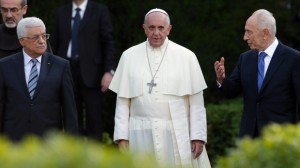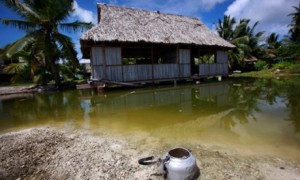By Hojin Choi
Impunity Watch Reporter, Asia
BEIJING, China – June 4th marked the 25th anniversary of Tiananmen Square Protests, also known as the “89’ Democracy Movement” or “Tiananmen Square Massacre.” In 1989, student-led protesters, seeking political reform, occupied Tiananmen Square in Beijing for seven weeks and received broad support from city residents. They were forcibly suppressed by military troops with AK-47s and other assault weaponry, causing thousands of death and injuries. The death toll reflects estimates by various human rights groups, as the government has never released an official report.
On the eve of the 25th anniversary, Foreign Ministry spokesperson Lei Hong defended the 1989 crackdown saying it was the right path for the sake of the people.
“In the last three decades and more of reform and opening up, China’s enormous achievements in social and economic development have received worldwide attention. The building of democracy and the rule of law have continued to be perfected,” said Hong.
Hong elaborated that “in China, there are only law breakers . . . there are no so-called dissidents.”
The Washington Post reported that it was a “quiet day” with “no trace of remembrance” in Tiananmen Square.
Many young students said they have no memory of the event, and some others even appeared too afraid to respond. The government has “effectively quashed” the public memory.
As the 25th anniversary approached, the security around the square greatly increased. Police officers were stationed every hundred feet or so throughout the streets, and patrolled the square continuously. According to state media, government officials mobilized thousands of informants to lookout for any suspicious behavior. Foreign journalists were warned and directed away from the square, and passers-by were searched.

The internet also saw a surge in censorship. According to the Los Angeles Times, even messages including the number “25” were banned from social networking sites on the date of the anniversary. Creative internet-users instead referred to June 4th as “May 35.” As the anniversary approached, even words like “tomorrow” or “today” were banned.
Chinese news media largely ignored the anniversary; but foreign news media and governments gave due attention.
“Twenty-five years later, the United States continues to honor the memories of those who gave their lives in and around Tiananmen Square and throughout China, and we call on Chinese authorities to account for those killed, detained or missing in connection with the events surrounding June 4, 1989,” the White House announced. The United Nations’ High Commissioner for Human Rights, Navi Pillay, demandedthat China release the pro-democracy activists and dissidents who were recently detained prior to the anniversary. China’s Foreign Ministry responded, calling the statement “a grave intervention of China’s judicial sovereignty and internal affairs.”
In opposition to the silence in Beijing, tens of thousands of people gathered with candle lights for the commemoration in Hong Kong. The vigil organizer estimated the number of participants at 180,000 while the police estimated a more conservative 99,500.
The Victoria Park Candlelight Vigil has been held every year since 1989. In past years, the vigil was dominated by people ages 40 or older, who remember the event in 1989. But, the New York Times reported that the crowd seemed to be “visibly younger” than previous years.


For more information please see:
Los Angeles Times – Few visitors, heavy security as China marks Tiananmen Square anniversary – 4 June 2014
Los Angeles Times – Marking 25th anniversary of China’s Tiananmen Square takes creativity – 3 June 2014
BBC News – Beijing tense on Tiananmen massacre anniversary – 4 June 2014
The New York Times – Crowds Gather in Hong Kong for Anniversary of Tiananmen Crackdown – 4 June 2014
The Washington Post – In Tiananmen Square, no trace of remembrance on 25th anniversary of protests – 4 June 2014
Reuters – China defends Tiananmen crackdown on eve of 25th anniversary – 3 June 2014



